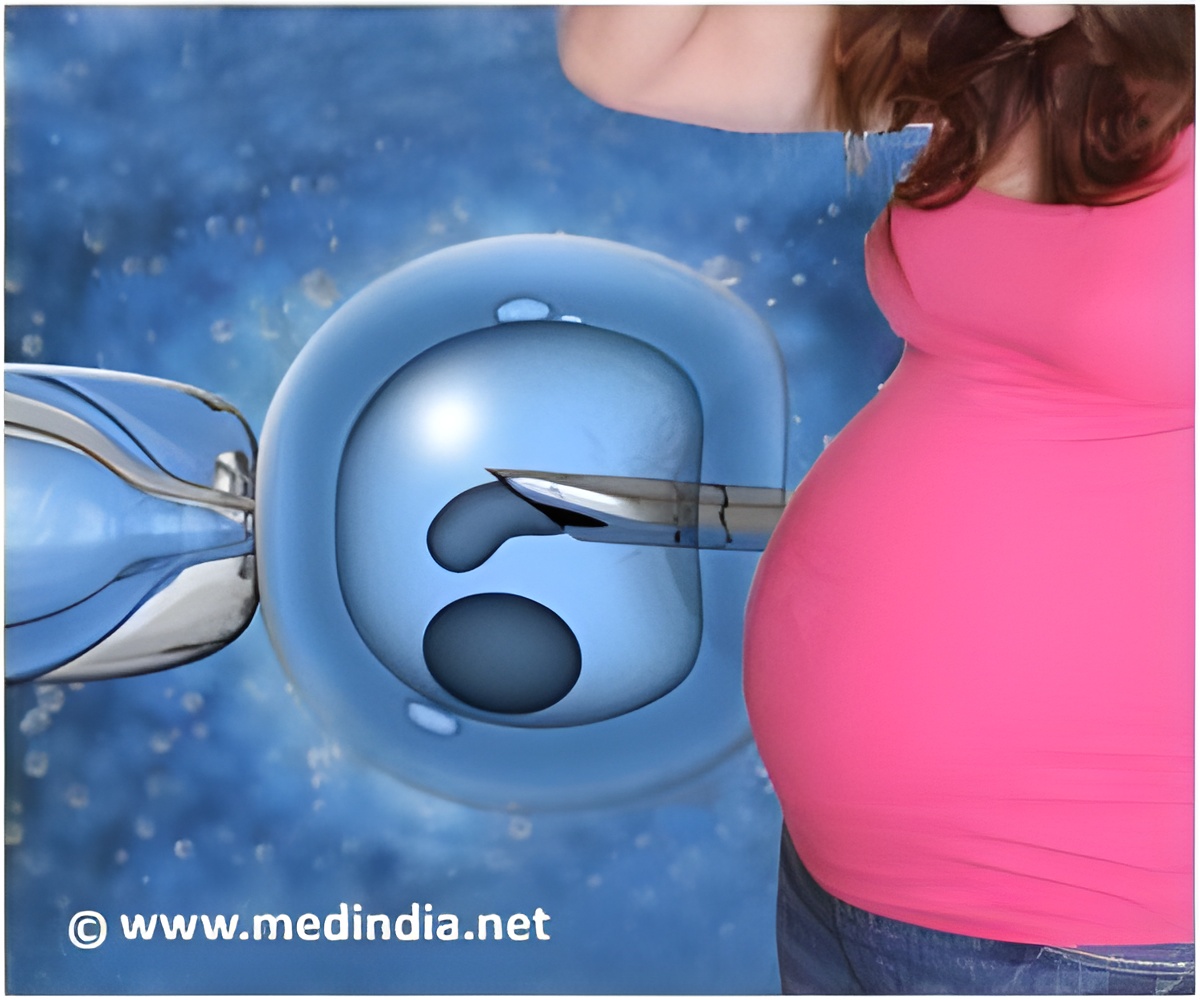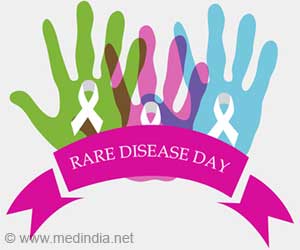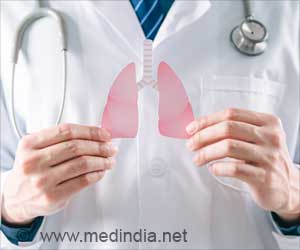The risk of long-term cardiovascular diseases is higher in women who fail to get pregnant through fertility therapy.

- Among the women who undergo treatment for fertility only a small proportion deliver and the remaining fail to conceive.
- The risk of long-term cardiovascular diseases in such women, who fail to get pregnant is found to be higher.
- Women who fail to become pregnant after fertility treatment should stay mindful of their health and remind their physician about any fertility therapy years earlier.
But there is a lack of data on the long-term health effects of fertility therapy, especially in women who do not conceive.
Failure of fertility therapy may be an early indicator of future cardiovascular risk by acting as a unique cardiometabolic stress test.
Study
The researchers studied 28,442 women under 50 years who underwent fertility therapy in Ontario during the study (April 1993 through March 2011).
The women were followed until March 31, 2015, for adverse cardiovascular effects.
Fertility therapy failure was associated with a 19% increased risk of adverse cardiovascular events, especially, heart failure.
The findings stressed that the absolute risk of cardiovascular events were 10 events per 1000 women after 10 years among those who had failed fertility therapy compared to 6 events per 1000 women for those who became pregnant and delivered a child after fertility therapy.
"These findings are consistent with the hypothesis that fertility therapy may represent an early indication for future cardiovascular disease because it represents a unique cardiometabolic stress test," write the authors.
"We don't want to alarm women who undergo fertility therapy; we are instead suggesting that as women age, they should stay mindful of their health and remind their physician about any fertility therapy years earlier," states Dr. Donald Redelmeier, co-author of the study and senior scientist at ICES.
"It can be an opportunity for their doctor to review other risk factors for heart disease and discuss ways to protect against future cardiac problems." Redelmeier added.
The study is published in CMAJ (Canadian Medical Association Journal).
Reference
- Jacob Udell et al. Failure of fertility therapy and subsequent adverse cardiovascular events. Canadian Medical Association Journal; (2017) doi: 10.1503/cmaj.160744
Source-Medindia














